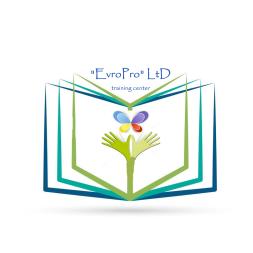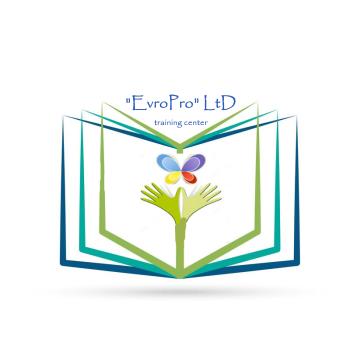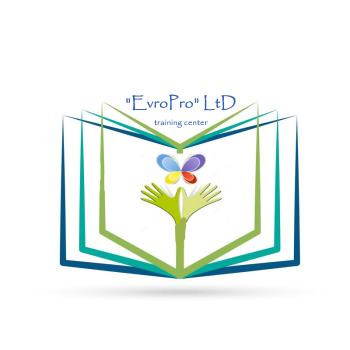
Appling non formal methods in forrmal education
Think beyond the brick-and-mortar walls of the traditional classroom when it comes to learning and preventing early school leaving. At European level there is a growing trend towards valuing non-formal and informal learning as well as a strong focus on embedding non-formal working methods in traditional education pathways.
In it you will discover the differences between each type of learning
Description
In this course you will discover the differences between each type of learning and the emerging trends for how to motivate and support learners, but above all you will practice and master concrete non-formal activities, working methods and tools that you’ll be able to use the day after the course in your classroom.This course is open to: teachers, trainers, headmasters, school and education managers, educational counsellors, career counsellors,, other school staff, other adult education staff, other higher education staff, other non-governmental organization staff, public servants, policy makers.
Learning objectives
This structured course aims to guide participants through the possibilities offered by the emerging trend of integrating non-formal working methods in formal education pathways.
The general aim of this course is to foster excellence in education by equipping teachers and school managers with the needed knowledge and competences to effectively apply non-formal working methods in school settings.
Thanks to this course the participants will:
- Develop a greater understanding of the differences between formal, non-formal and informal learning as well as the basic non-formal education principles;
- Learn more about the emerging trend of integrating non-formal working methods in formal education pathways;
- Practice and add to their know-how concrete non-formal activities, working methods and tools transferable into practice;
- Exchange best practices and share experiences with participants and staff coming throughout Europe;
- Network with individuals and organizations working in the education fie
Methodology & assessment
Materials, digital tools & other learning resources
DAILY PROGRAMME
Please find below the standard indicative daily programme that will be personalized on participants needs and professional profiles.
Our standard programme comprises 7 days, of which the first one is dedicated to networking, preparation and cultural immersion and the last one to follow up, specific needs and cultural activities. Please note that we always do our best to accommodate the specific needs of our participants in a flexible way, including but not limited to budget restri
Certification details
A certificate is issued with specified hours/minimum 5 study hours per day, maximum 8, distributed according to the program and time for cultural exploration. If desired, a European language passport can be completed. We offer assistance with accommodation, transfers and meals if needed.
Pricing, packages and other information
-
Price:560Euro
-
Course package content:
The indicated course fee is for a 7-day course. For groups of at least 5 people, we can organize a shorter or shorter course /5-9 days/. The course fee includes training, delegate package, coffee breaks, tourist program, and one entrance fee per site per person. When visiting more sites, the students pay themselves. The price also includes subsequent consultations. A certificate with specified hours is issued. If desired, a Europass mobility form can be filled out.
-
Additional information:Description of the services and activities included in the course package (such as accommodation, meals, transport) or available at extra cost.
-
Cancellation & changes:
The course is held with a pre-paid participation fee. If the fee is paid and canceled up to two months before the course, 100% of the funds are returned without bank fees. If canceled a month before the course, 60% of the paid amount is returned. If canceled less than a month, 20% is returned.
-
Additional information:The options and conditions for change and cancellation, and the policy in case of unforeseen circumstances (force majeure).
Additional information
-
Language:English
-
Target audience ISCED:Lower secondary education (ISCED 2)Upper secondary education (ISCED 3)Post-secondary non-tertiary education (ISCED 4)
-
Target audience type:Teacher EducatorNot-for-profit / NGO staffOther
-
Learning time:25 hours or more
Upcoming sessions
More courses by this organiser

Course "Outdoor learning for kindergarten / primary school"

Course "STEM in Kindergarten and Primary School"


